Lockdown lessons in a tale of two US states
Florida has banned Covid restrictions while California has been almost permanently in lockdown. The figures tell the story.
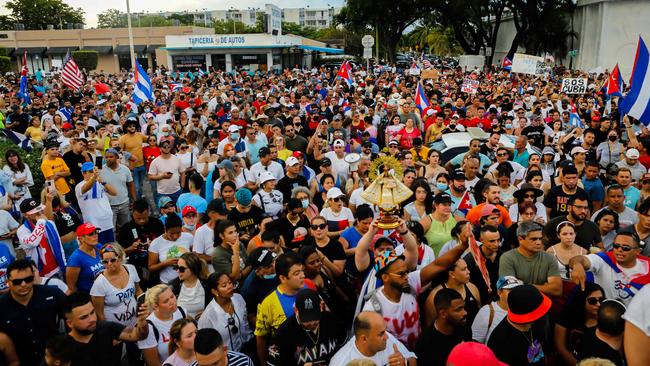
Casting Dan Andrews as a communist villain and Gladys Berejiklian as a Hayekian princess looks comical from abroad. Their states have followed the same strategy of suppression. Melbourne had bad luck early on, forcing the government’s hand; now it’s Sydney’s turn.
Lockdowns are a bit like Hotel California: once you check in, the political calculus means governments can’t check out.
The independence of the 50 US states will be an enduring gift to researchers, and to freedom, for generations, having provided the world with numerous experiments in what has worked. Conclusion: not much, it seems.
Last week Florida, a state of almost 22 million people, had 23,747 new cases, and more than 170 people die from or with Covid-19. More than half the state isn’t vaccinated, despite wide availability.
As in Sydney, cases are rising but there’s next to no chance any restrictions will be introduced.
Republican governor Ron DeSantis apologised for the state’s brief lockdown early last year (blaming widespread panic), made Covid-19 restrictions illegal in May and banned vaccine passports. “To even contemplate doing any type of lockdown, honestly it’s insane,” he has said.
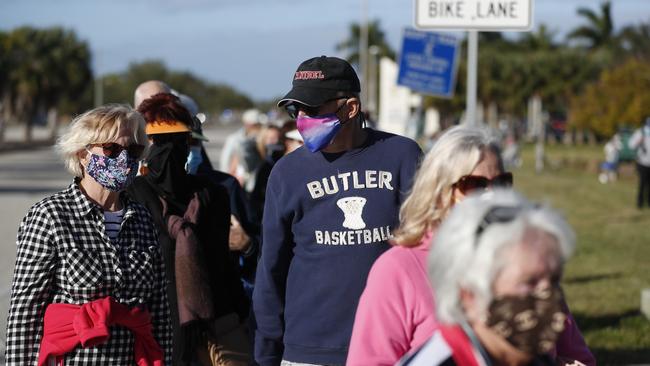
By contrast, California had been in various stages of lockdown for almost 15 months until mid-last month. After a two-week reprieve, Los Angeles has reimposed a mask mandate for indoors, for the vaccinated and unvaccinated. As cases rise again, Democrat governor Gavin Newsom hasn’t ruled out further lockdowns, and the state is launching an electronic vaccine verification system. What’s remarkable is how little difference California’s draconian policies, which destroyed thousands of businesses and up-ended schooling for children for a year, seem to have made.
Florida’s hospitals were never overwhelmed. Yes, many Floridians have died from or with Covid-19: a little more than 38,150 on official figures. But per capita the toll isn’t particularly remarkable in the US, especially given the state, a retirement mecca, has among the oldest populations. Florida’s death toll, adjusted for population, was 25th and California’s 33rd among the 50 US states.
Even the pro-lockdown Washington Post conceded in March that Florida’s “excess deaths” looked little different from other US states. Outcomes in South Dakota and North Dakota, neighbouring states, offer similar lessons. South Dakota’s charismatic governor, Republican Kristi Noem, refused to lock down or mandate masks. Yet South Dakota’s Covid-19 death toll (10th in the US) ended up only 15 per cent more than North Dakota’s (17th). And both states did worse than Iowa, which did practically nothing the entire pandemic.
The US states that had the fewest deaths, such as Hawaii and Alaska, are a long way away, suggesting geography and climate may play an even larger role than bureaucracy in affecting the movement of viruses.
Even if Florida and South Dakota did endure slightly higher death tolls, their millions of residents got to enjoy life for 15 months: weddings, travel, romance, study and the right to go outside. These may not show up in GDP but they are priceless. And California’s unemployment rate is almost 8 per cent, Florida’s 4.9 per cent.
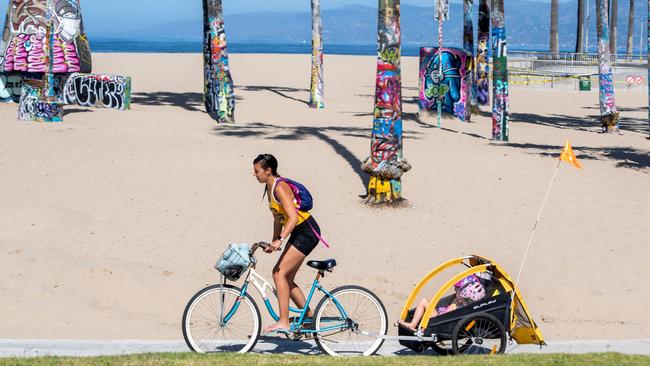
“The Florida constitution explicitly protects individual privacy in a way that the federal constitution and most state constitutions do not,” says Jenin Younes, a lawyer at the New Civil Liberties Alliance in Washington, DC.
“It is this provision that led a state appellate court to find that mask mandates were presumptively unlawful under the state constitution.”
As the hysteria of Covid-19 subsides, US courts are beginning to take a dimmer view of restrictions that would have been considered mad by the bulk of people in 2019. “A person reasonably can expect not to be forced by the government to put something on his own face against his will,” Florida appeals court judge Adam Tanenbaum wrote in a 2-1 decision last month. Florida’s constitution, he said, had a “guarantee of personal inviolability” that he reasoned “must include the inviolability of something so intimate as one’s own face”. In other words, “my body, my choice”, a slogan once beloved of the left of politics.
The dissenting judge said being forced to wear a mask outside, a mandate in place for up to 14 months straight in some parts of the US, was “a temporary and de minimis interference”, a sign of how far perceptions of normality, even among the very educated, have shifted.
Florida’s policies don’t appear to have hurt politically. DeSantis is among the most popular governors in the US and is tipped to run for president in 2024, while Newsom is facing an ignominious recall election in September. Florida’s population is among the fastest growing in the US while California’s shrank for the first time last year. It even lost a seat in congress in the latest redistribution.
If Covid-19 becomes widespread in Australia, the experience of California and Florida suggests restrictions make little difference but cause great economic, political and social damage.
“Rather than following the pack and mandating harsh rules, South Dakota provides our residents with information about what is happening on the ground in our state – the science, facts and data,” Noem said in December.
It’s hard to imagine even woke California producing a propaganda video of a young woman struggling to breathe in hospital. California based its lockdowns on the number of new cases per 100,000; on its measure Sydney wouldn’t even be in the minimal risk tier.




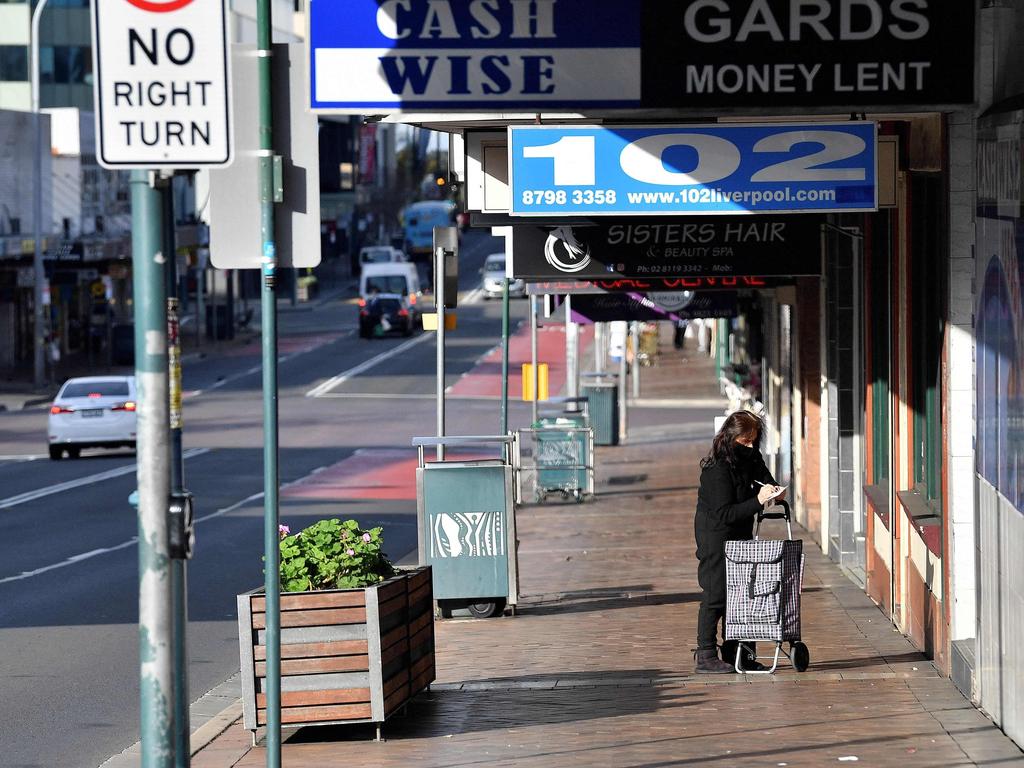
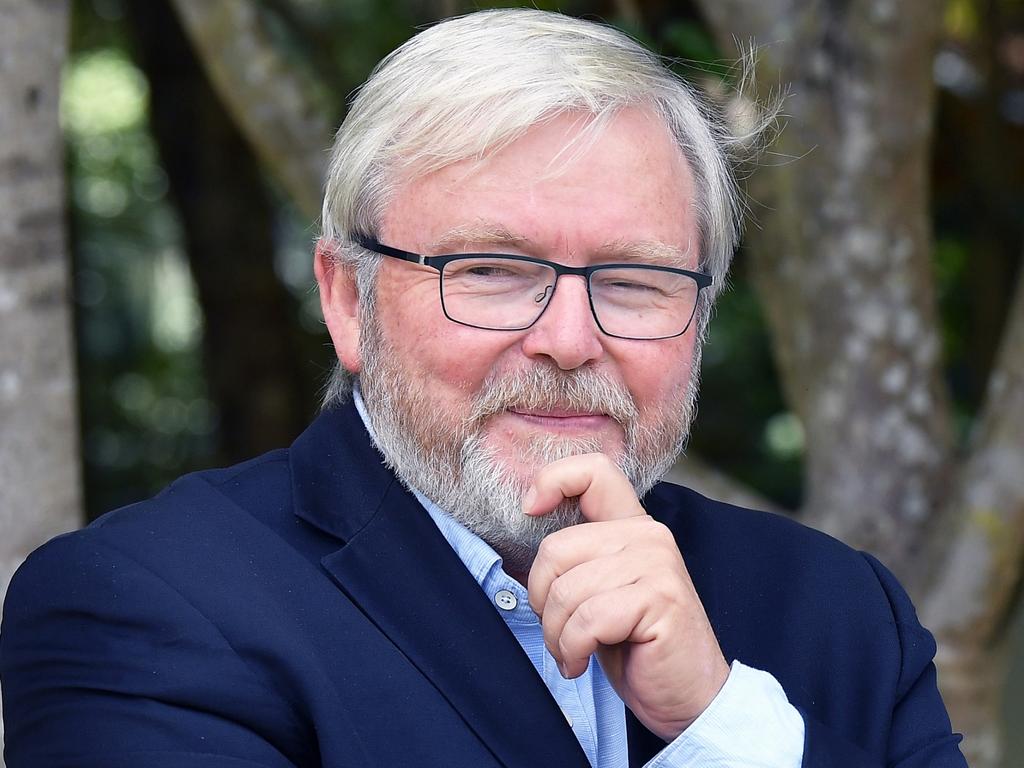


As Sydney prepares for a further extension of lockdown it should be clear that NSW is no Florida. Victoria may be the California of Australia in its draconian response to Covid-19, but its northern neighbour is much the same. It’s splitting hairs to say locking down at 15 rather than five new cases is much of a difference, especially in a global context.